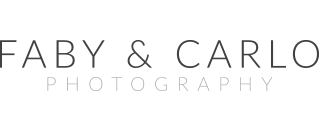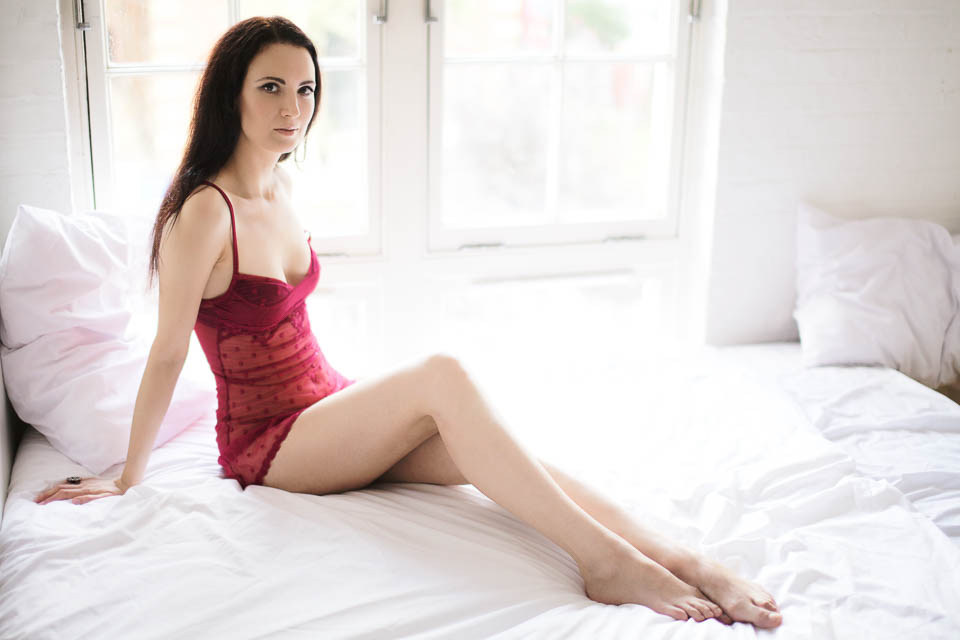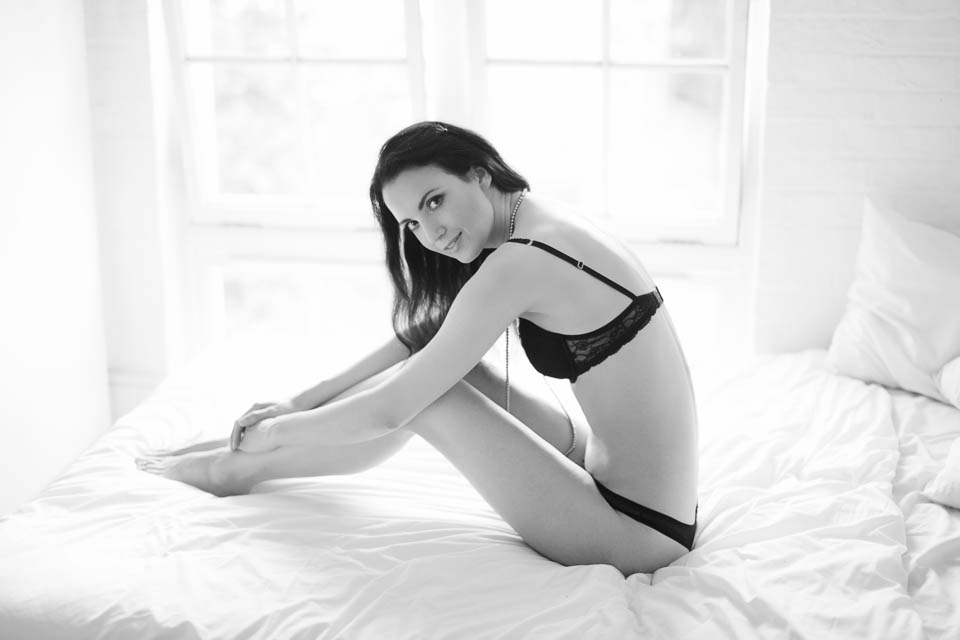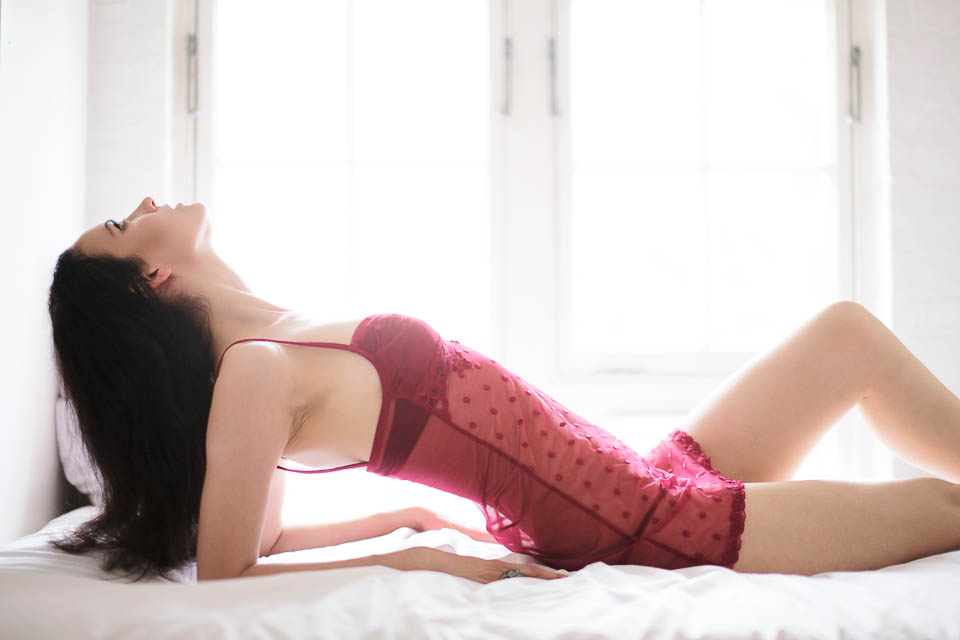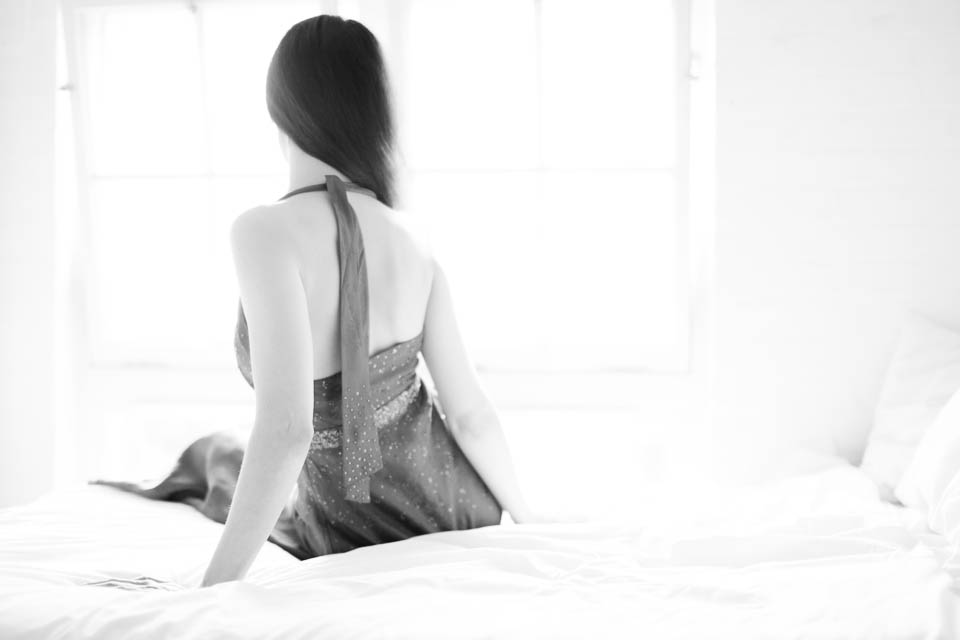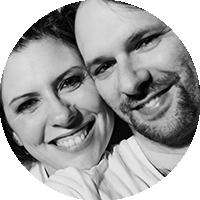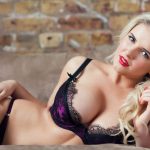Take Down Your Camera To Lower The Barrier Between You And Your Subject
The Camera Is A Barrier
As a photographer one of my targets is to photograph everyone with those expressions I can see with my bare eyes, avoiding those awkward images in which everything seems staged, posed, and capturing those natural movements so difficult to frame. The truth is that as soon as you raise your camera, you raise a barrier between you and your subject. The moment you bring your camera to your eyes you do not have a personal connection any longer, everything becomes more difficult and those natural expressions in your subject vanish. The camera is always a barrier for who is photographed and sometimes is a comfort zone for the photographer.
What Fabiana and I believe to be extremely important is to create and maintain a personal relation with your subjects, without hiding behing the body of your camera or your impressively large lenses!
The Camera as a Shield
There are moments during a shoot when things may not be easy. Maybe your subject is intimidating, maybe you look at your images and no matter how you try, the settings seem to be wrong every time, or simply your confidence is low. In those moments placing your camera in front of your face and shooting away seems to be the simplest thing ever. Unfortunately it is also one of the worst. In those moments you shield yourself, feeling safe, but on the other side of the camera your subject will not be able to see you any longer, or hear you as your voice will come out muffled from behind the camera. In feeling safe you achieved to make the moment more awkward than it already was and your sense of protection have just jeopardised the quality of your images.
The camera, when raised, does not allow our subjects to read the most important part of our body: our face. A huge part of our communication process is through our gesture, our facial expression, and only partially through what we say. The moment that “bulky black thing” goes in front of the photographer’s face, the non-verbal communication drops and the reactions, the intensity of the gestures and the spontaneity go away, replaced by the need of your subjects to guess everything they cannot see any longer.
What can you do to avoid this? Simple, keep your camera away from your face as long as possible!
Talk To Me, Not To My Camera!
Dealing with customers that often remove their clothes in front of us, creating a great environment in which they can feel safe is paramount to get good photos and to leave great memories in our customers. The initial part of our sessions, in particular, dictates the trust relationship that will make it or break it. For this reason we keep the session as a nice conversation, starting really slow, without focusing too much on taking photos, but more on making a genuine connection with our subjects. I personally like to know more about them, and not just because this is a good way of “breaking the ice” but because I am genuinely interested in knowing the person in front of me. And please note the word genuinely: if you fake it you can pack your bags and go home. Now. Because this is not for you.
This interest in our subjects creates a bond between me and Faby and our subjects and this makes the session an Experience that they can remember with strong, positive memories. This creates a relation in which we are more important than our camera and when that come up, for the few seconds I need to focus and shoot, the moment of awkwardness is so lost in a general good and trustworthy relation that the photo captures what I can see with my eyes, without the barrier of the camera itself.
If you want to be a portrait or boudoir photographer, you have to enjoy this personal relation, enjoy talking with your subjects, otherwise the difference between you and a photo booth will not be worth the difference in price.
Have You Ever Tried To Be On The Other Side?
One of the most important thing to try if you are a photographer, is to be on the other side of the camera. If you have never tried you definitely should, as it will give you a feeling of what does it mean to feel awkward, not to know what to do, not to understand the person hidden behind the camera and so on. And please if you could avoid listing the reasons why you should not be in front of a camera I would appreciate: being a photographer and not being photographed is like being a cook and not tasting your food!
Fabiana and I have done it few times (even if she never did a “Dudouir” with me) and this helped us realising what make us at ease, understanding what we should do more and avoiding what make us feel awkward and “not ourselves”. You should really try it because you are your brand, and your customers are coming to you because of this: if you like something, let it be part of your brand!
I hate the long moments of silence in which the photographer is waiting for the right settings, the right light, the right pose, the right expression or whatever, I simply can’t stand it, therefore I babble a LOT! I talk, talk talk and talk. Maybe I say things without a real significance like “this looks just great” or “fantastic, you look really natural like this” or I simply carry on with things I was discussing already. How hard can it be? Of course it has to be something honest and true, as Fabiana correctly says that when the photographers sounds phoney “OH YOU ARE SOOOO GORGEOUS” or “YES, LOOOVELY, GORGEOUS IN EVERY DETAILS”, he simply kills the mood. Be real, be honest or just talk about the weather (always a great subject here in London).
If you want to Photograph Women…
…you need to listen to them, to talk to them, to be honest with them, to be passionate about doing all of this, before being a photographer! Women are the most beautiful and complex creatures on earth and they deserve to be treated with respect and photographed with the same. Our idea of photography is to capture the real woman we have in front of us every single session, and to do that we value her more than our cameras, her more than our settings, her more than her photos, because in doing that we know we will capture something much more valuable than a perfect pose: we will photograph her uniqueness.
